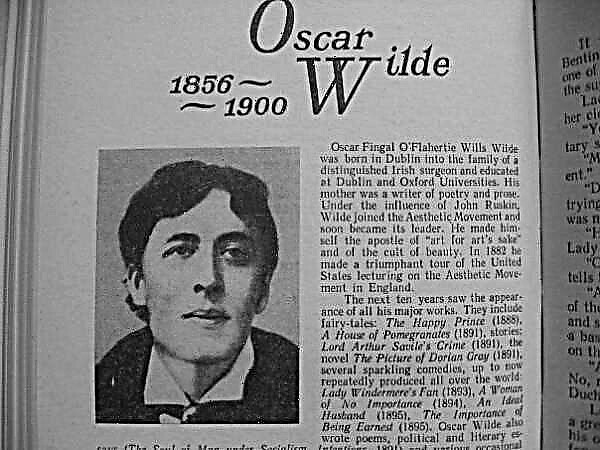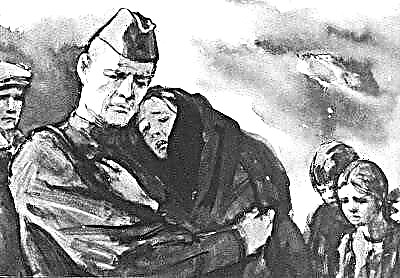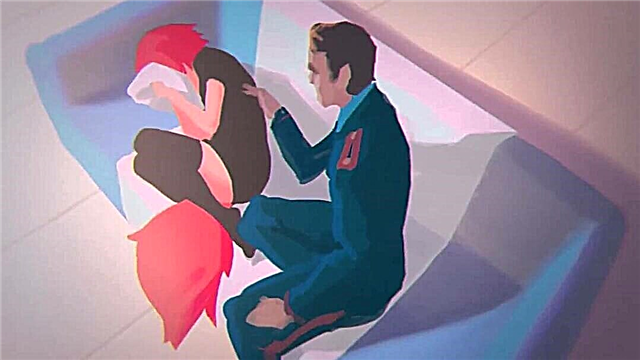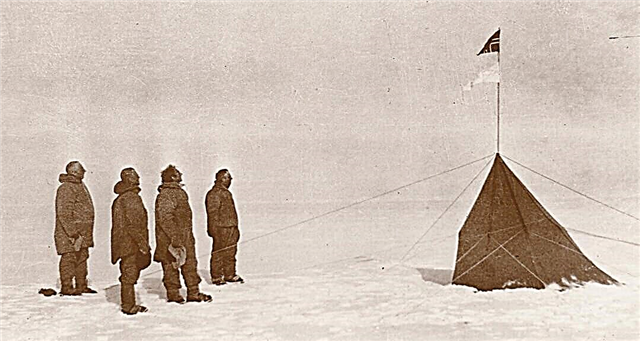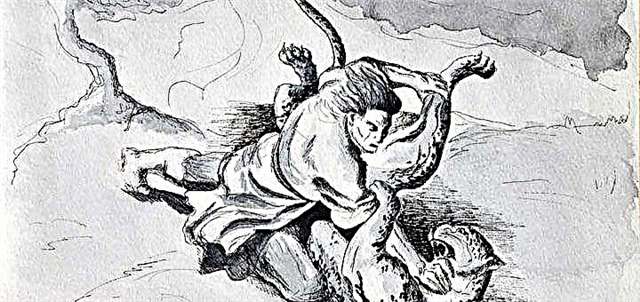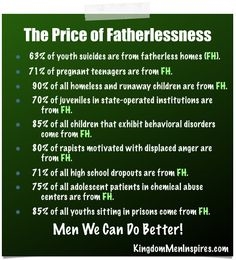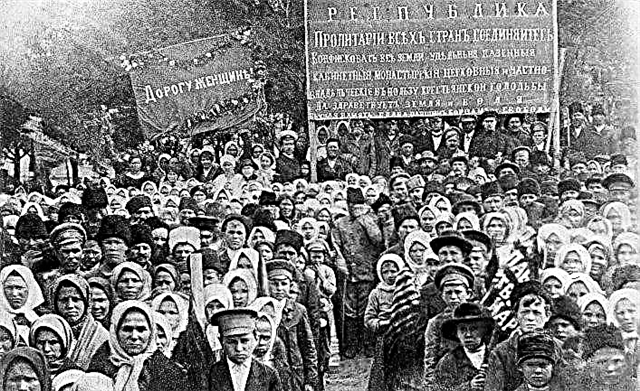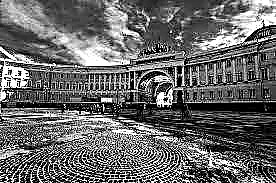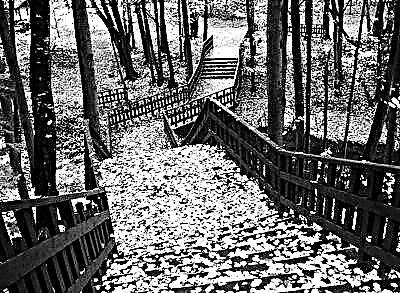In the first short chapter, two parts are separated by an outflow, they give the most expressive touches of Russian life: foolishness and holy fools, but also Russian craftsmen and artisans are described. “Beggars, enlighteners, beatheroes, school books, lazars, wanderers, wretched, holiest, kaliki, prophets, fools, fools, holy fools are the unambiguous names of the pretzels of everyday life in holy Russia, poor in holy Russia, Kaliki passers, wretched Christ’s sake, holy fools for Christ's sake Holy Russia - these pretzels adorned everyday life from the day of the emergence of Russia, from the first tsars of Ivanov, the life of the Russian millennium. All Russian historians, ethnographers and writers dipped their feathers about the blessed ones. ” “And there are other eccentrics in Petersburg, in other large Russian cities. Their pedigree is imperial, not royal. From Elizabeth there arose the art begun by Peter - of Russian furniture. This serf art has no written history, and the names of the masters are destroyed by time. This art was the work of loners, basements in cities, back rooms in a public hut in estates. This art existed in bitter vodka and cruelty ... "
So, in Russia there are eccentrics and ... eccentrics. Both of them can be seen in the city of Uglich, called by the author Russian Bruges or Russian Kamakura. Two hundred miles from Moscow, and the railway fifty miles. It is here that the ruins of estates and mahogany stuck. Of course, a museum of ancient life was created, but the most beautiful things are stored in the houses of the former owners. There are many unfortunate people in the city who are forced to exist by selling Russian antiquity for nothing. This is used by businessmen-appraisers from the capital, who are wandering into the wilderness, who feel like benefactors, savior of folk art and world culture. According to a tip from Skudrin Yakov Karpovich “with a lousy smile, servile and malicious at the same time”, they go home, visiting old women, now single mothers, now old survivors, convincing them to give the most valuable of what they have. As a rule, these are the things of old masters, for which if not now, then they will help out a lot of money. And tiles, and beads, and porcelain, and mahogany, and tapestries - all in common. With the registry created by the helpful Yakov Karpovich, some Bezdetov brothers silently enter the house. Looking around them with blind eyes, they shamelessly begin to wrinkle and feel everything - ask the price. From the very poverty and misery, these fools are fishing out sweet bits for themselves. Pure materialists, they firmly know what it is today under the new regime and how much they will have.
The great local thinker Yakov Karpovich Skudrin is generally certain that the proletariat should disappear very soon: “The whole revolution is useless, mistake, khe, history. Due to the fact, yes, that another two or three generations, and the proletariat will disappear, primarily in the United States, in England, in Germany. Marx wrote his theory of the flourishing of muscle labor. Now, machine labor will replace muscles. That is my thought. Soon, only engineers will remain near the machines, and the proletariat will disappear, the proletariat will turn into engineers alone. Here, khe, what a thought of mine. And the engineer is not a proletariat, because the more cultured a person is, the less his fan-needs are, and it’s convenient for him to live equally with everyone, equalize his material wealth to free his mind, yes, there, the English, rich and poor, are sleeping the same in jackets and they live in identical houses, but it happened to us - compare a merchant with a peasant - a merchant, like a priest, discharges himself and lives in mansions. And I can walk barefoot and from that I won’t become worse. You say, khe, yes, exploitation will remain? - how will it stay? - a man who can be exploited, because - because he is like a beast - you won’t let him into the car, he will break it, and it costs millions. A car is worth more than it costs to save a dime per person with it - a person must know the car, a knowledgeable person is needed for the car - and instead of the previous hundred, there is only one. Such a person will be cared for. The proletariat will be lost! ”
If the forecast of the future proletariat, given by the mouth of an unsympathetic, but very reasonably minded hero, is given, as it were, with the hope of the triumph of wisdom, then the forecast of the future of a modern woman is little optimistic. With the collapse of the family caused by the collapse of social foundations, there will be many single mothers and just single women. The new state supports and will support single mothers.
Having met his sister Claudius, the youngest son of Skudrin, the communist Akim who fled from his house, listens to her monologue: “I am twenty-four. In the spring, I decided it was time to become a woman, and I became her. " The brother is indignant: “But do you have a loved one?” “No, no! There were several of them. I was curious ... But I became pregnant and I decided not to have an abortion. ” “And you don't know who the husband is?” “I can't decide who. But it doesn’t matter to me. I am the mother. I can handle it, and the state will help me, and morality ... I don’t know what morality is, they have taught me how to understand it. Or I have my own morality. I am responsible only for myself and myself. Why surrender is not moral? I do what I want, and I do not commit to anyone. Husband? .. I do not need him in night shoes and to give birth. People will help me - I believe in people. People love the proud and those who do not burden them. And the state will help ... "
Akim-communist - wanted to know that there is a new life - life was ancient. But Claudia’s morality is both unusual and new to him. "
However, is there anything on earth that remains unchanged? Without a doubt, it is the sky, clouds, celestial spaces. But ... also "the art of mahogany, the art of things." “Masters get drunk and die, but things stay alive, live, they are loved around, die, they keep secrets of sorrows, loves, deeds, joys in them. Elizabeth, Catherine - Rococo, Baroque. Paul is a Maltese. Pavel is strict, strict peace, mahogany, dark Empire, classic. Hellas. People die, but things live, and from the things of antiquity come the “vibes” of antiquity from the past eras. In 1928 - in Moscow, Leningrad, in provincial cities - shops of antiquities arose, where antiquity was bought and sold by pawnshops, gostorg, state fund, museums: in 1928 there were many people who collected “vibes”. People who bought antiquities after the thunder of revolutions in their homes, taking a fancy to antiquity, inhaled the living life of dead things. And Pavel the Maltese was held in high esteem - direct and strict, without bronze and curls. ”


